As the war in Ukraine rages on, Poland has become a critical refuge for millions of Ukrainians fleeing violence and destruction. With at least 2.5 million Ukrainians now residing in Poland—comprising nearly 7% of the country’s population—the nation has played a pivotal role in supporting its eastern neighbor since Russia’s full-scale invasion began in February 2022. However, beneath the surface of this humanitarian effort lies a troubling shift in public sentiment. Reports of anti-Ukrainian abuse, bullying, and xenophobic rhetoric are on the rise, casting a shadow over Poland’s initial outpouring of compassion. This article delves into the complexities of this growing crisis, exploring personal stories, societal trends, political dynamics, and the hidden forces fueling anti-Ukrainian sentiment.
The Human Toll: Personal Stories of Abuse
A Mother’s Anguish: Svitlana’s Story
Svitlana, a 31-year-old Ukrainian mother living in Poland, vividly recalls the days when her daughter thrived in her Polish school. “She loved it so much,” Svitlana says, her voice tinged with nostalgia. “Even when we moved to another area, she didn’t want to change schools.” But the warmth her daughter once experienced has given way to hostility. Two weeks ago, a boy in her class told her to “go back to Ukraine,” a comment that left Svitlana stunned. The following day, the abuse escalated. “Girls from the class above mocked her for speaking Ukrainian,” Svitlana recounts. “They pretended to fall to the ground, shouting ‘Missile! Get down!’ and laughed.”
The cruelty of these taunts was compounded by their timing. Just days earlier, a Russian missile had struck Svitlana’s hometown in Ukraine, killing dozens, including children. Her daughter, already traumatized by the war, came home in tears. Svitlana, whose name has been changed to protect her identity, shared screenshots of her communications with school staff, pleading for action. “It’s not just the school,” she adds. “At work, people say Ukrainians come here and behave badly. My friends want to go home because Polish people don’t accept us. It’s frightening to live here now.”
A Pattern of Hostility
Svitlana’s story is not an isolated incident. Dozens of Ukrainians across Poland have reported similar experiences to the BBC, describing verbal abuse on public transport, bullying in schools, and a surge in xenophobic material online. For many, these incidents mark a stark departure from the solidarity that defined Poland’s response in the early days of the war. “It was amazing,” says Natalia Panchenko, head of the Warsaw-based Stand with Ukraine Foundation. “Every day, people were calling, asking, ‘How can we help?’ They gave their houses, food, everything they had—and their hearts, too.”
Three years later, however, the mood has shifted. Panchenko’s organization has documented a significant increase in anti-Ukrainian abuse, both online and in real life. “It started online several months ago,” she explains. “Now it’s spilling into everyday interactions—people working in shops or hotels are targeted just for speaking with a Ukrainian accent.” For Ukrainian refugees, many of whom are women and children fleeing trauma, this hostility adds a new layer of fear and alienation.
“These women and children are in Poland because of the war. Their relatives are often on the front line, in captivity, or dead. And yet, they’re the ones being targeted.” — Natalia Panchenko
Shifting Public Opinion: A Statistical Snapshot
Declining Support for Refugees
Research confirms what personal anecdotes suggest: Poland’s public opinion toward Ukrainians is deteriorating. A March 2025 poll by the CBOS Centre, a respected Polish research institute, found that only 50% of Poles support accepting Ukrainian refugees—a seven-percentage-point drop in just four months. Two years ago, that figure stood at an overwhelming 81%. This decline reflects growing fatigue among Poles, who have shouldered significant economic and social burdens to accommodate roughly one million Ukrainians officially registered as refugees since the war began.
Poland’s government allocates approximately 4.2% of its GDP to support Ukrainian refugees, funding housing, healthcare, and social services. While this investment underscores Poland’s commitment, it has also sparked resentment among some citizens who feel their own needs are being sidelined. “The narrative that Ukrainians are draining resources is gaining traction,” says Michal Marek, who runs an NGO monitoring disinformation in Poland. “It’s a dangerous simplification, but it resonates with people who are struggling themselves.”
The Psychological Impact
For Ukrainian refugees, the erosion of public support is more than a statistical trend—it’s a daily reality that compounds their trauma. Many arrived in Poland after witnessing unimaginable horrors: bombings, displacement, and the loss of loved ones. “These are people who’ve been through hell,” says Panchenko. “To face hostility here, in a place they thought was safe, is devastating.” Psychologists working with Ukrainian refugees report rising cases of anxiety, depression, and post-traumatic stress disorder, exacerbated by social exclusion and xenophobic abuse.
The Political Catalyst: A Polarizing Election
Ukraine as a Political Flashpoint
The rise in anti-Ukrainian sentiment coincides with Poland’s contentious presidential election, with the first round of voting held on May 11, 2025. Ukraine has emerged as a divisive issue, exploited by candidates across the political spectrum. Far-right populist Slawomir Mentzen, polling third, has built his campaign on virulently anti-Ukrainian rhetoric, advocating for an “agreement” with Russia’s Vladimir Putin. “Mentzen taps into fears that Ukraine is a burden,” says political analyst Marcin Zaborowski. “His messaging resonates with those who feel overwhelmed by the refugee influx.”
In second place, conservative Karol Nawrocki opposes EU and NATO membership for Ukraine and financial aid for refugees, though he supports the war effort. Even Rafal Trzaskowski, the front-runner from Prime Minister Donald Tusk’s coalition and the most pro-Ukrainian candidate, has tempered his stance to appeal to centrist voters. “He’s promised to cut social welfare for Ukrainians,” Zaborowski notes. “It’s a strategic move, responding to the shift in public mood.”
Far-Right Provocations
The election has also amplified the voices of fringe candidates like Grzegorz Braun, who is under police investigation for tearing down a Ukrainian flag during an April rally. Polling at just 3%, Braun regularly rails against the so-called “Ukrainisation of Poland,” a term that encapsulates fears of cultural and economic displacement. While Braun’s support is limited, his actions embolden those who harbor anti-Ukrainian sentiments, creating a permissive atmosphere for xenophobic behavior.
The Polish government has warned of Russian interference in the election, citing an “unprecedented attempt” to spread disinformation online. Moscow denies these allegations, but the proliferation of anti-Ukrainian narratives on social media suggests a coordinated effort to sow division. “The timing is no coincidence,” says Marek. “These narratives exploit existing tensions, amplifying them at a critical moment.”
The Role of Disinformation: A Hidden Threat
Anatomy of a Propaganda Campaign
Michal Marek’s NGO has tracked a surge in anti-Ukrainian disinformation, much of it originating from Russian-speaking Telegram channels. “The narratives are consistent,” he explains. “Ukrainians are portrayed as ungrateful, criminal, or responsible for the war. These messages are translated—often poorly—into Polish and pushed into local online spaces.” Common themes include claims that Ukrainians are stealing welfare funds, disrespecting Polish culture, or plotting to destabilize the country.
One widely circulated image depicts a Ukrainian refugee driving a luxury car, allegedly purchased with Polish taxpayer money. “It’s a fabrication,” says Marek. “The photo was traced to a Russian channel, but it spread like wildfire on Polish social media.” Such disinformation preys on economic insecurities, particularly in rural areas where access to resources is limited. “People see these posts and feel betrayed,” Marek adds. “It’s a textbook tactic to turn empathy into resentment.”
The Broader Context: Russia’s Hybrid Warfare
Poland’s strategic position as a NATO and EU member makes it a prime target for Russian hybrid warfare, which combines propaganda, cyberattacks, and political interference. The Polish government’s support for Ukraine—including military aid and refugee assistance—has drawn Moscow’s ire, making disinformation a weapon to undermine solidarity. “Russia benefits from a divided Poland,” says Zaborowski. “If Poles turn against Ukrainians, it weakens the broader Western alliance.”
Studies by the Atlantic Council and other think tanks have documented Russia’s use of disinformation to destabilize European nations hosting Ukrainian refugees. In Poland, these efforts exploit historical tensions between Poles and Ukrainians, rooted in complex events like the Volhynia massacre of 1943, when Ukrainian nationalists killed tens of thousands of Poles. While these historical grievances are not the primary driver of current sentiment, they provide fertile ground for propaganda that paints Ukrainians as inherently hostile.
Historical Context: A Complicated Relationship
Poles and Ukrainians: A Shared yet Fractured History
The relationship between Poland and Ukraine is marked by both solidarity and strife. During the 20th century, the two nations clashed over territory and identity, with the Volhynia massacre remaining a particularly painful chapter. In recent decades, however, Poland has been a staunch advocate for Ukraine’s independence and integration into Western institutions. The 2014 annexation of Crimea by Russia further solidified Polish support, as both nations shared a common threat.
When Russia invaded Ukraine in 2022, Poland’s response was swift and generous. Ordinary citizens opened their homes, and the government streamlined processes for refugees to access work, education, and healthcare. “It was a moment of unity,” says Panchenko. “Poles saw Ukrainians as brothers and sisters fighting for freedom.” Yet, as the war drags on, the weight of historical memory and present-day challenges has strained this bond.
The Burden of Compassion Fatigue
Compassion fatigue, a phenomenon where prolonged exposure to suffering leads to emotional exhaustion, is evident in Poland. “People want to help, but they’re tired,” says sociologist Anna Kowalska, who studies refugee integration. “The war feels endless, and the economic pressures are real.” Inflation, rising energy costs, and housing shortages have hit Poland hard, creating a perception that resources are scarce. “When people feel squeezed, they look for someone to blame,” Kowalska adds. “Ukrainians are an easy target.”
Solutions and Hope: Charting a Path Forward
Countering Disinformation
Addressing anti-Ukrainian sentiment requires a multifaceted approach, starting with combating disinformation. Marek’s NGO is working with tech companies to flag and remove false content, but the scale of the problem is daunting. “We need better media literacy,” he argues. “People must learn to question what they see online.” The Polish government has also launched public awareness campaigns to highlight the contributions of Ukrainian refugees, such as their participation in the workforce and cultural exchanges.
Strengthening Integration
Integration programs can bridge the gap between Poles and Ukrainians. Language classes, community events, and school initiatives that promote cultural understanding have shown promise in other European countries hosting refugees. “We need to create spaces where people can connect as humans,” says Panchenko. “When Poles and Ukrainians share stories, stereotypes break down.”
Schools, in particular, are critical battlegrounds. Svitlana’s daughter’s experience underscores the need for anti-bullying programs that address xenophobia directly. Teacher training and counseling for students can foster empathy and reduce prejudice. “Kids learn from adults,” says Kowalska. “If we model inclusion, they’ll follow.”
Political Leadership
The outcome of the presidential election will shape Poland’s approach to Ukrainian refugees. A victory for Trzaskowski, despite his moderated stance, could signal continued support for integration and counter-disinformation efforts. However, a strong showing by anti-Ukrainian candidates like Mentzen or Nawrocki risks legitimizing xenophobic rhetoric. “Leadership matters,” says Zaborowski. “Politicians must reject divisive narratives and focus on unity.”
Conclusion: A Test of Solidarity
Poland’s response to the Ukrainian refugee crisis has been a testament to its compassion and resilience, but the rise in anti-Ukrainian sentiment reveals the fragility of that solidarity. Personal stories like Svitlana’s, coupled with shifting public opinion and political polarization, paint a complex picture of a nation grappling with its role as a haven. Disinformation, economic pressures, and historical tensions have fueled hostility, but solutions lie in education, integration, and principled leadership.
As Poland navigates this turbulent period, the world watches. The treatment of Ukrainian refugees is not just a Polish issue—it’s a litmus test for how societies respond to crisis in an era of division and disinformation. For Svitlana and millions of others, the hope is that Poland can reclaim the spirit of 2022, when hearts and homes were open, and solidarity prevailed.

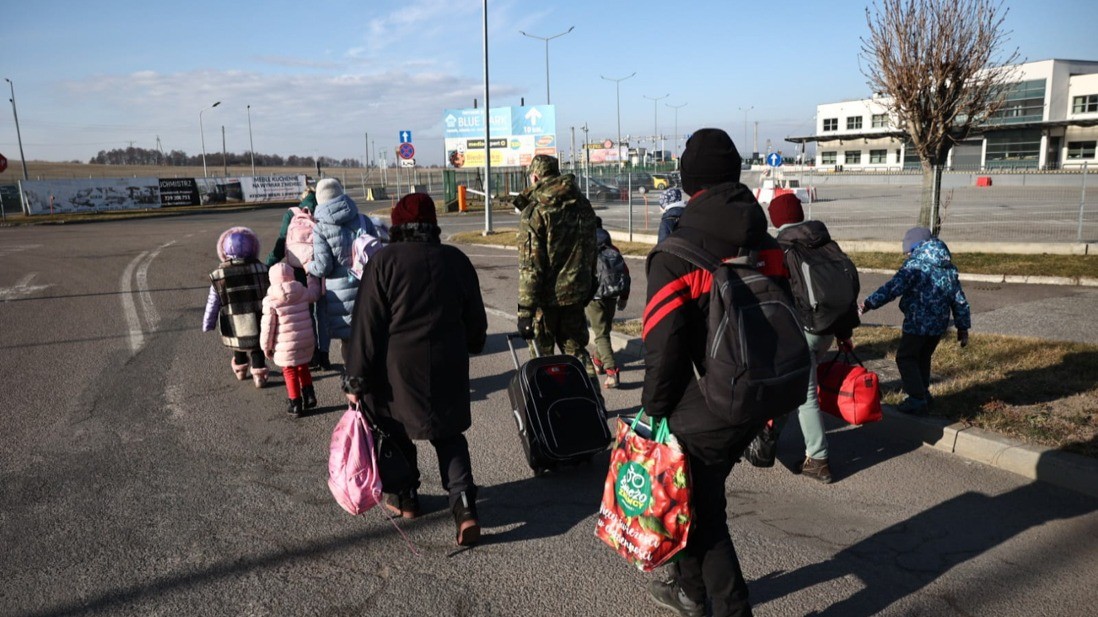

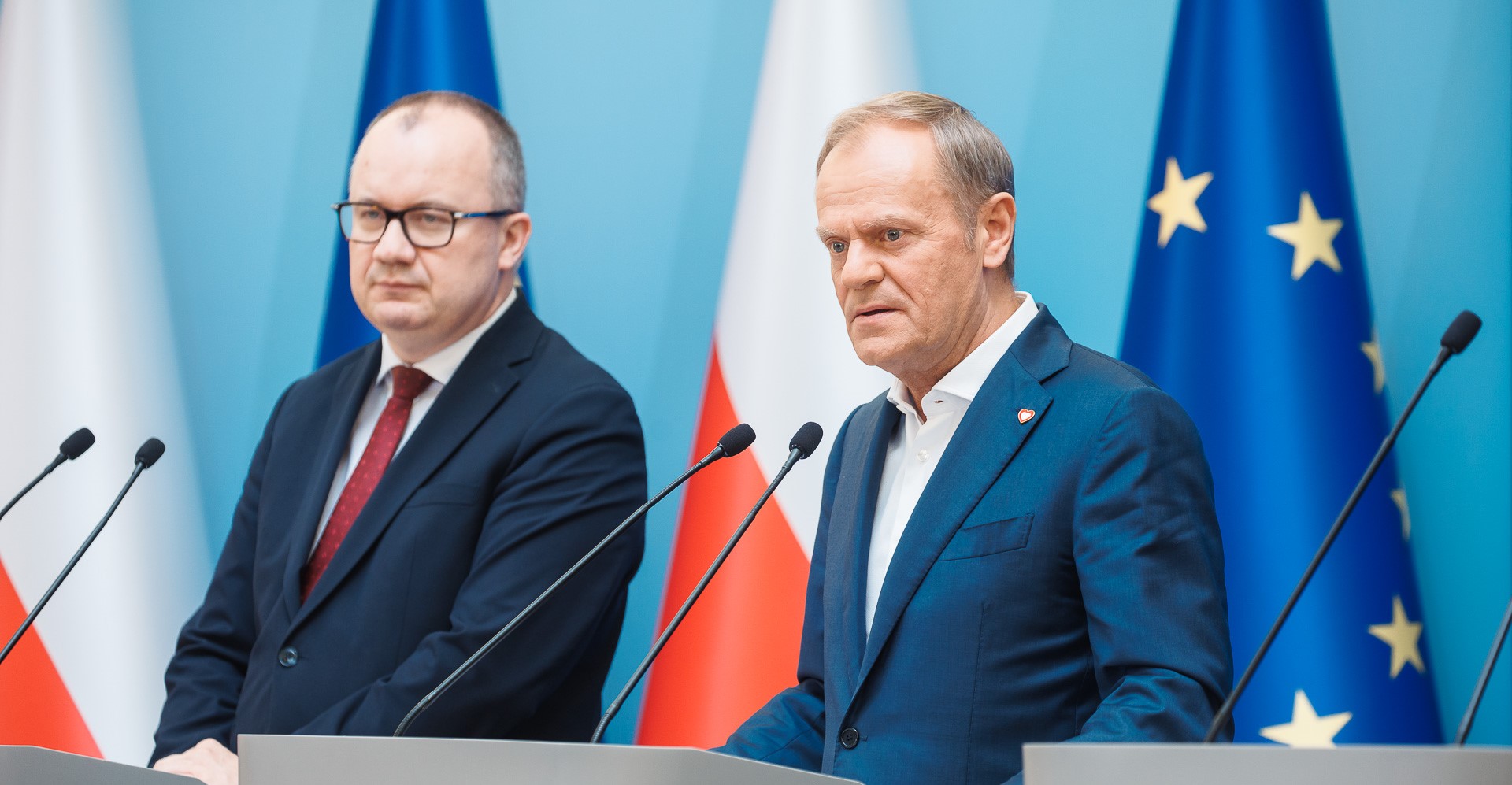





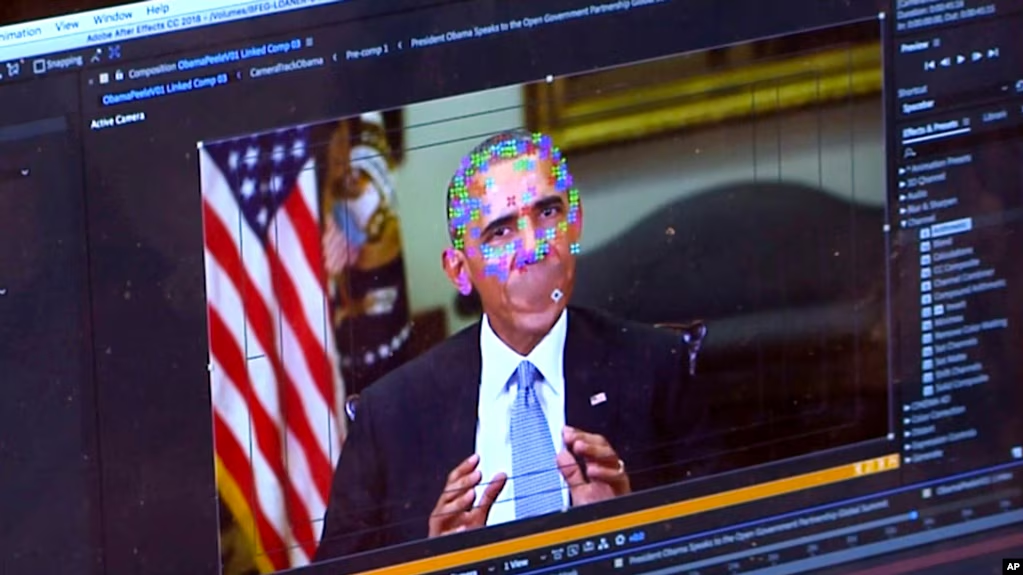
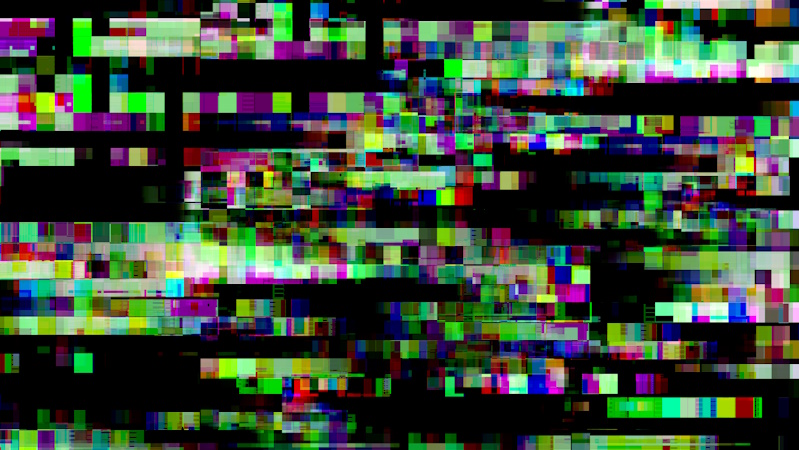

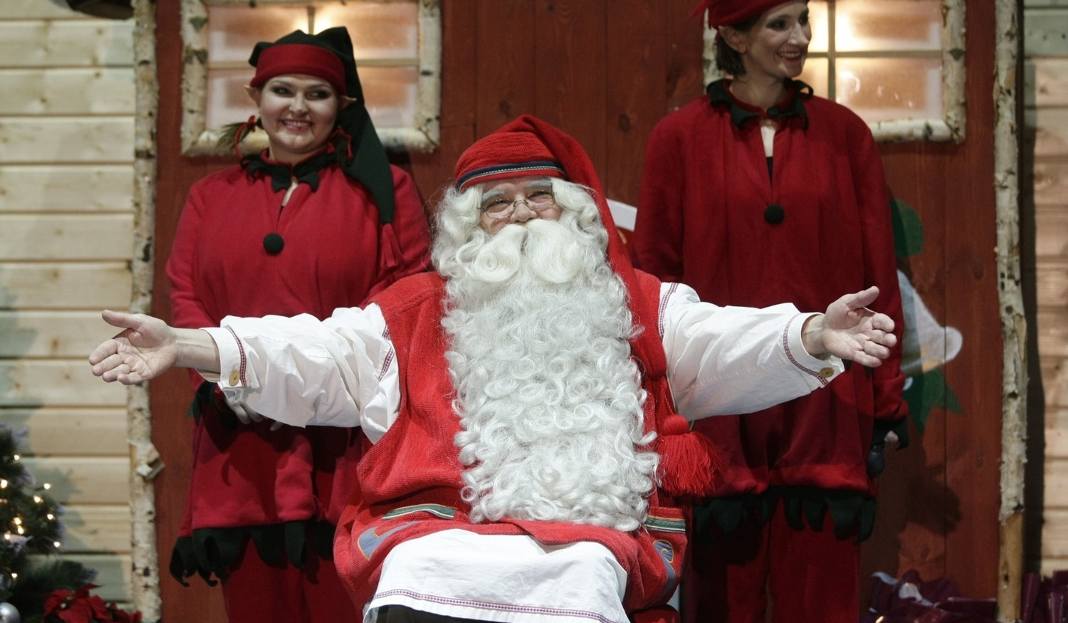









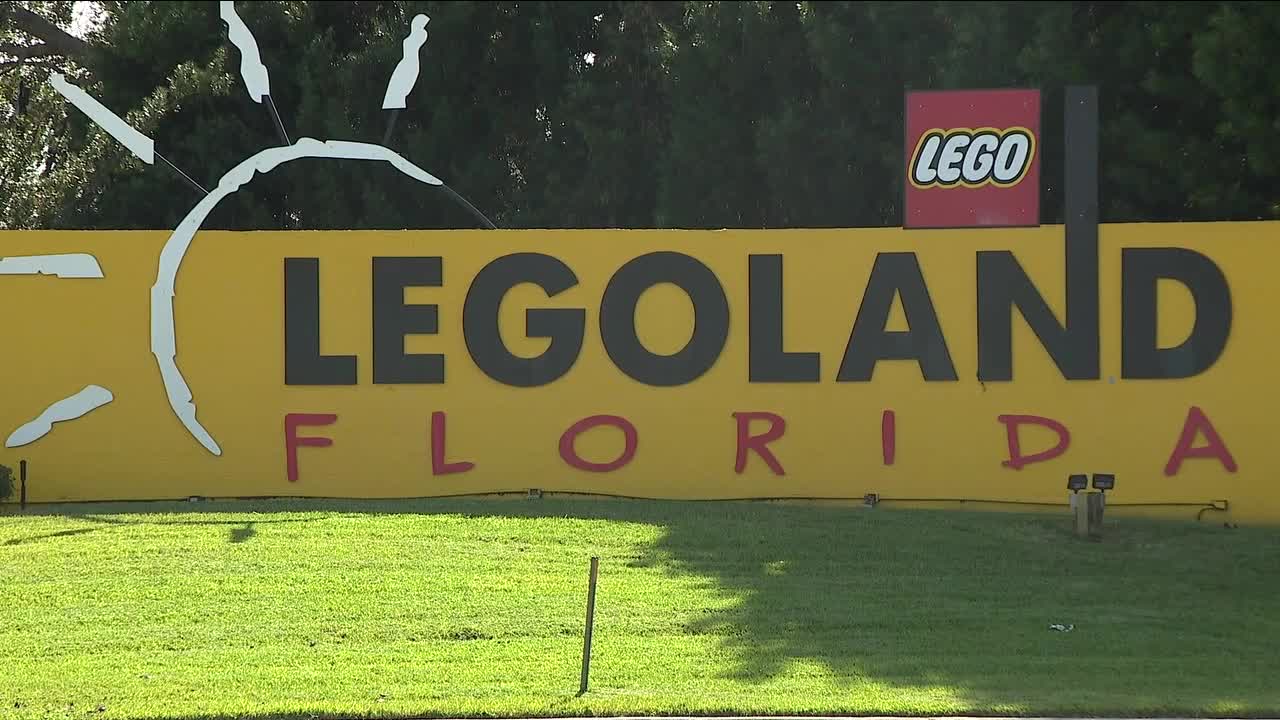

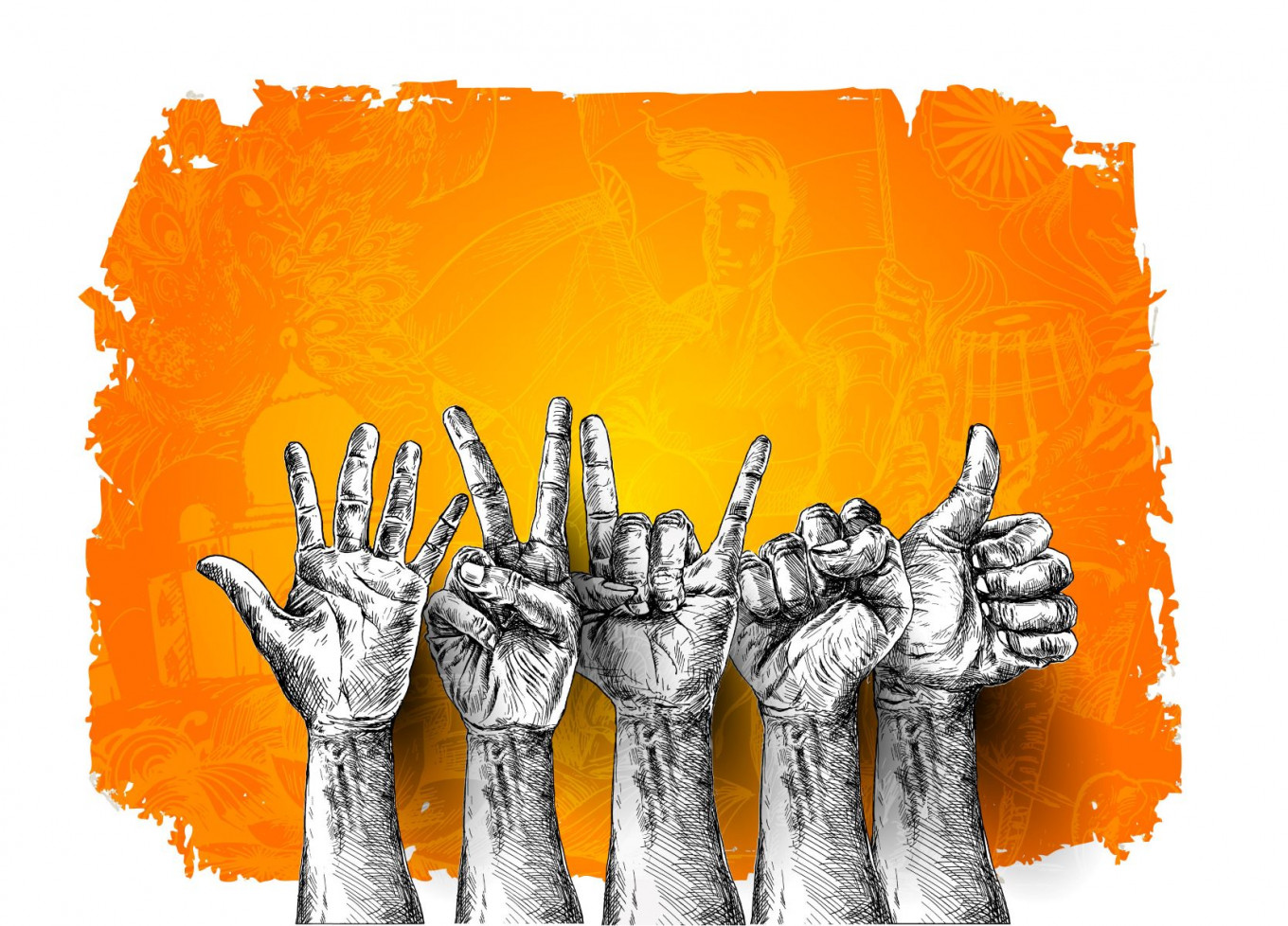
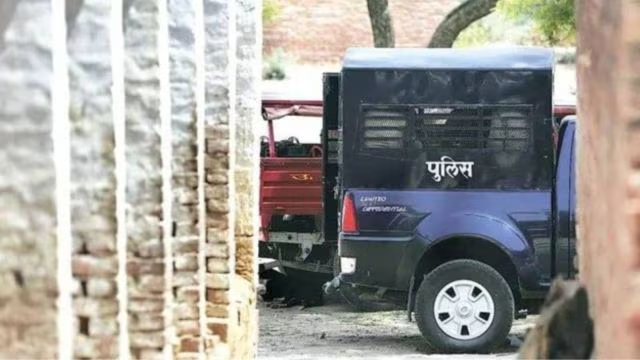

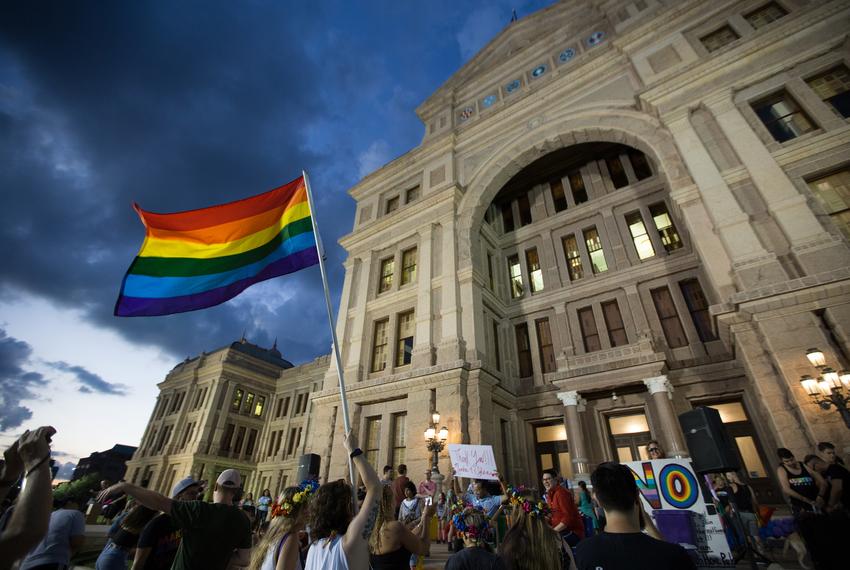
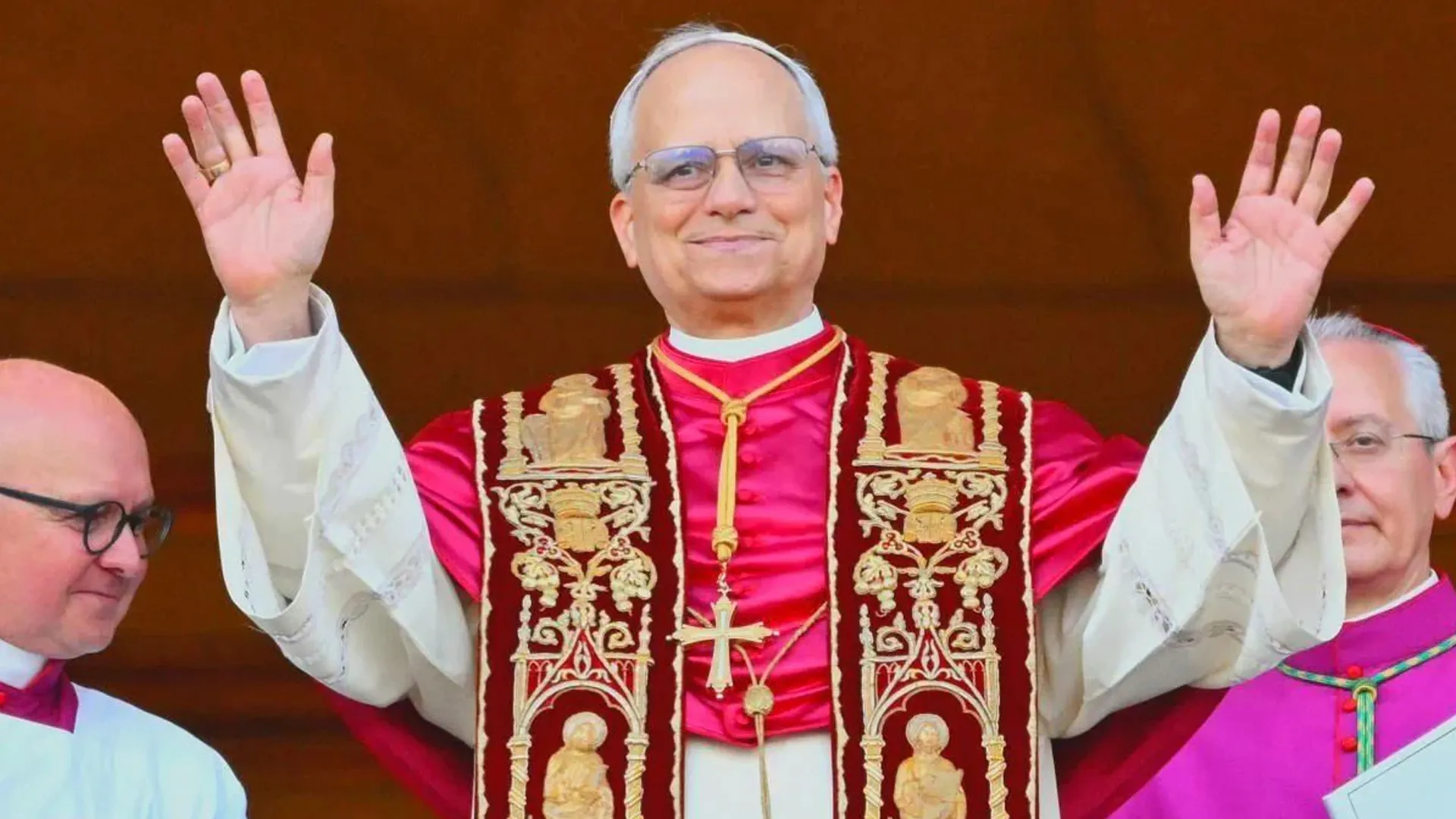
0 Comments